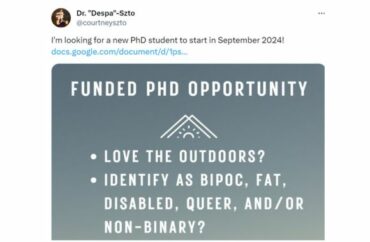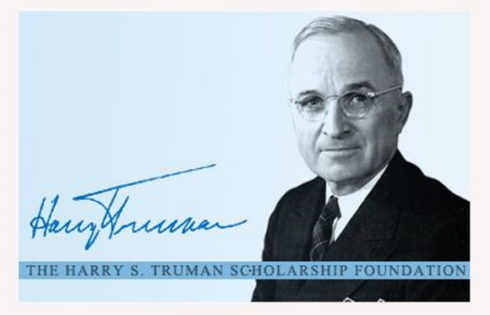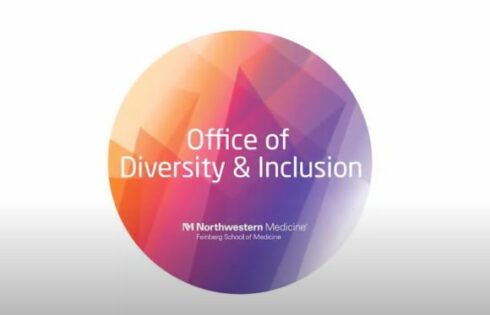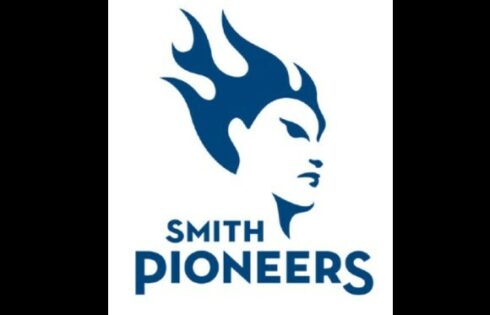
Project is part of the ‘resistance’ against straight, white men
A group of Canadian scholars wants to hire two racial and sexual minorities for a research project, though preferably applicants will be “First Nations, Metis, or Inuit.”
The research grant is “for those who live their resistance in the outdoors by taking up space.”
The research team wants a doctoral student who “[i]dentifies as BIPOC, non-gender conforming, LGTBQ+, fat, and/or disabled” but the “[p]reference is for First Nations, Metis, or Inuit applicants.”
The scholars wrote in the job description:
Racialized people, women, the LGBTQ+ community, disabled people, and those who identify as fat have all created grassroots programs to support each other in a constellation of resistance against what outdoor culture has historically been: white, able-bodied, heterosexual, male. This project seeks to uplift and amplify these structures of resistance by learning from and with the very people who are doing what their ancestors could not do.
Researchers should be ready to help “amplify the work of traditionally marginalized groups who (re)claim space in outdoor culture” and “challenge dominant narratives that reproduce the white heteropatriarchy and tend to recolonize outdoor culture.”
The researchers will also “learn how these groups navigate, negotiate, resist, and interpret recreation on stolen land (or for Indigenous groups – colonized land) as a way forward.”
Queen’s University Professor Courtney Szto (pictured) is part of the research team and promoted the opening.
She teaches in the kinesiology and health studies department with a specific focus on “the areas of (new) media studies, intersectionality/intersectional justice, anti-racism, consumption culture” as well as “fat activism” and other topics, according to her faculty bio.
I’m looking for a new PhD student to start in September 2024!https://t.co/vuKZR5g2KQ pic.twitter.com/CAXimJzTKz
— Dr. “Despa”-Szto (@courtneyszto) October 3, 2023
“My research is largely activist driven and broadly explores the relationship between physical cultures and intersectional justice,” her bio states. “I question power relations and try to complicate our understanding of how, when, and where sport and/or physical cultures can be used to address issues of injustice.”
She wrote that her doctoral work “focused on South Asian experiences in ice hockey.”
MORE: ‘Hockey scholar,’ criticizes Jordan Peterson event
IMAGE: Courtney Szto/Twitter
Like The College Fix on Facebook / Follow us on Twitter






Please join the conversation about our stories on Facebook, Twitter, Instagram, Reddit, MeWe, Rumble, Gab, Minds and Gettr.